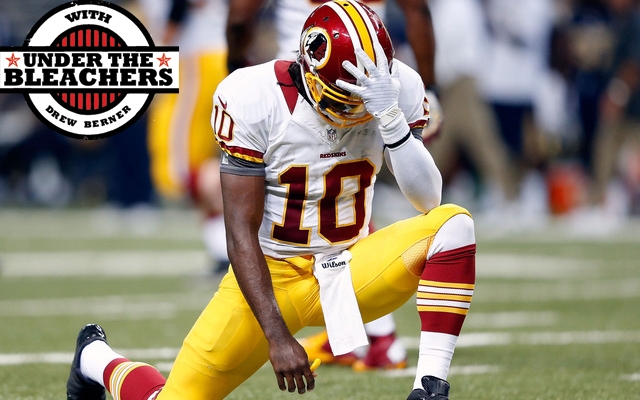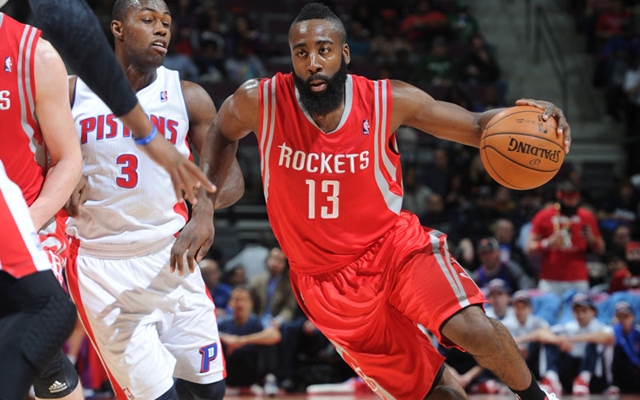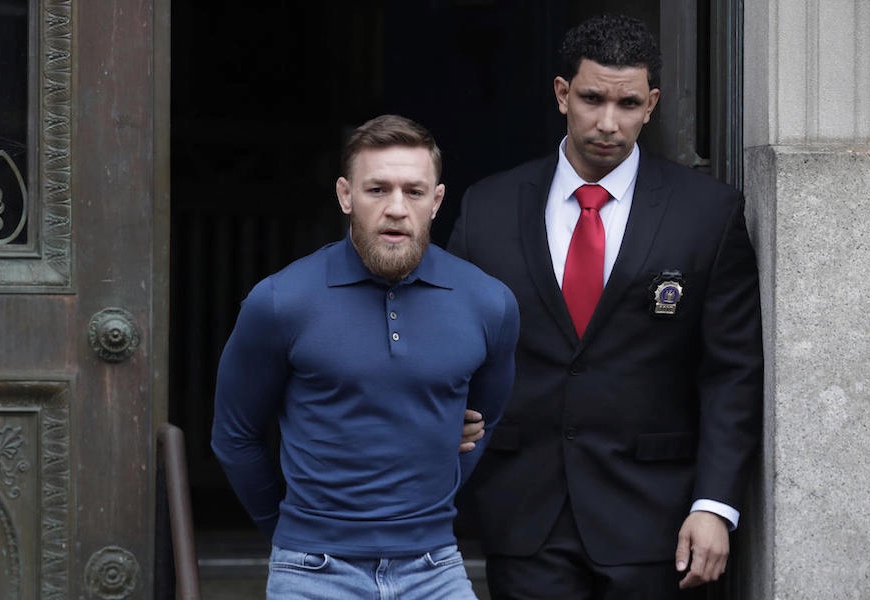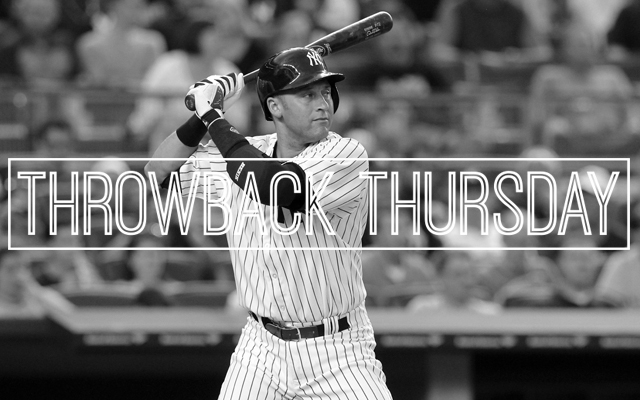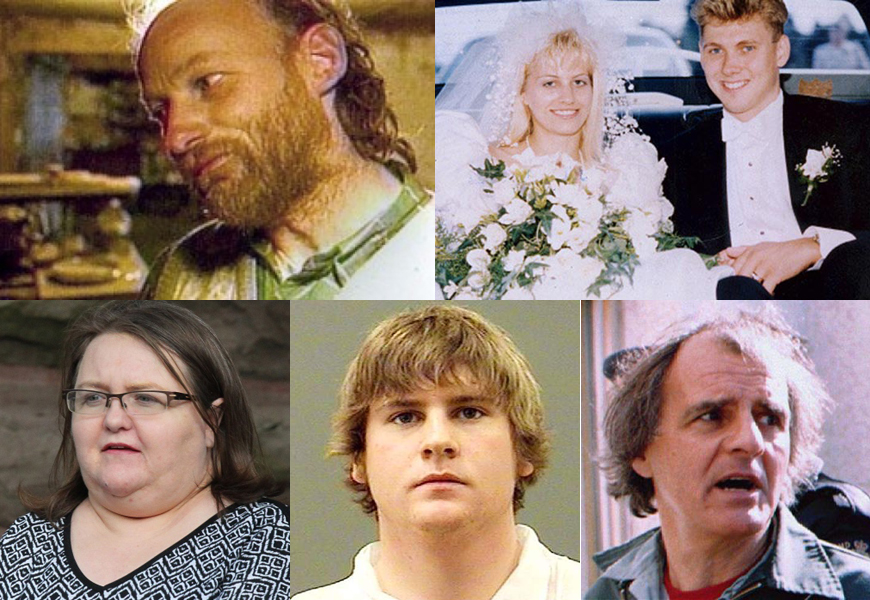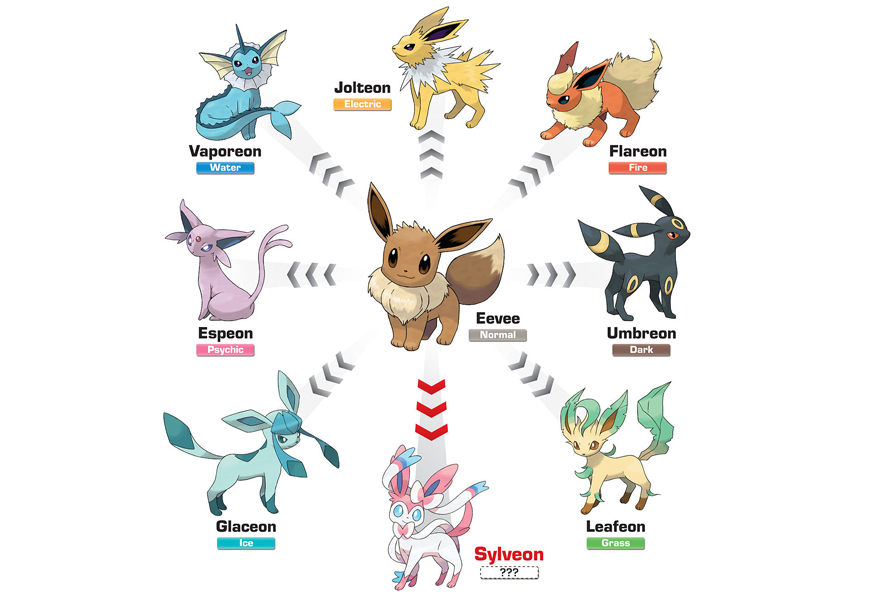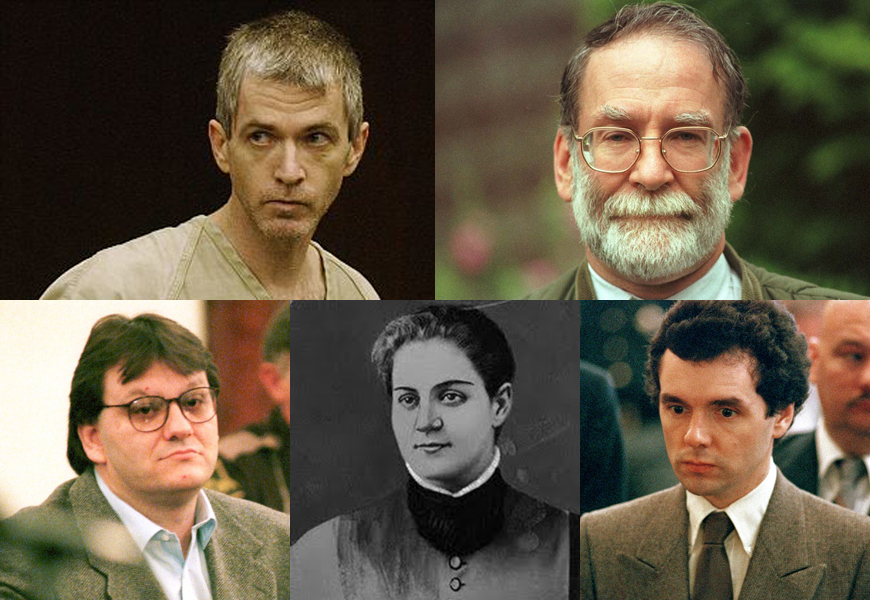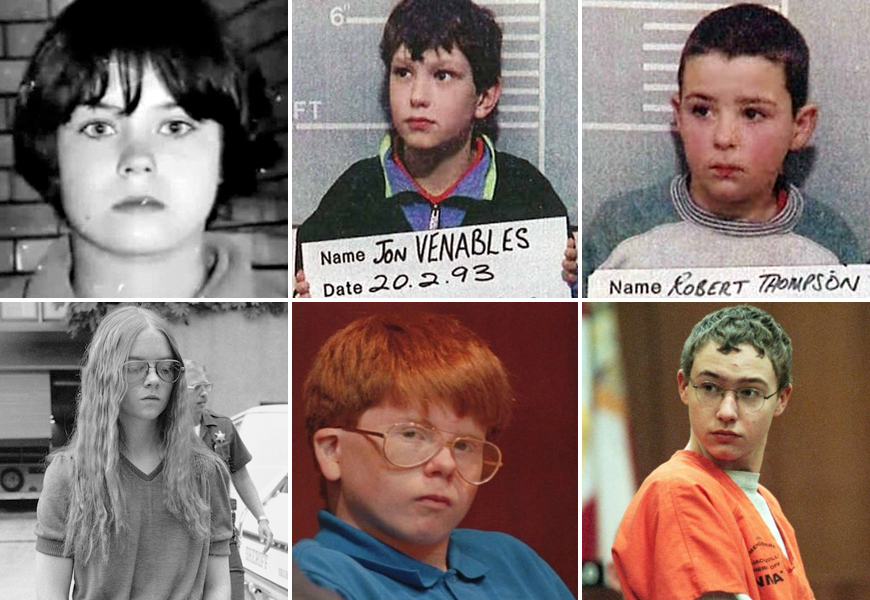It’s been more than 50 years since Bob Dylan sang “The Times, They Are A-Changin’,” but apparently Dan Snyder, owner of Washington’s NFL team, still hasn’t gotten the message.
Snyder and the rest of the team’s executive have been stubbornly insisting that the racial slur the team has used as its nickname for over 80 years is respectful and represents a proud tradition, despite the protestations of U.S. senators, Native American leaders, even the President of the United States.
Whether the term “redskin” is a pejorative used to demean Native Americans, or a name first used by Native Americans to refer to each other, it makes enough people uncomfortable that there’s no sense in keeping it.
It’s hard to imagine that, just weeks after the NBA permanently banned one of its owners for making disparaging remarks about minorities, the NFL can defend a team that displays a racially charged term on every piece of its merchandise. Controversy may be good for business if that business is having a hard time getting noticed, but the NFL is by far the most lucrative league in the world and is hardly hurting for attention.
But the Washington NFL team isn’t the only pro sports franchise that uses questionable branding—not by a long shot. So if we’re going to get up in arms about one, we should at least take a close look at the rest:
Major League Baseball is perhaps the broadest user of Native American names and imagery, and the domain of a mascot that’s probably even more racist than the word “redskin.” The Cleveland Indians—a name based on a mistaken assumption made by a Spanish explorer more than 500 years ago that’s inexplicably still in common usage today—somehow still use Chief Wahoo, the aboriginal equivalent of a golliwog, as an official team symbol. The grinning, red-skinned cartoon character is as insulting as they come, caricaturing the kinds of tropes that were already outdated decades ago.
The Atlanta Braves have a slightly less obviously offensive name, but the team’s savage-themed imagery—particularly the ubiquitous “tomahawk chop” and its accompanying stadium chant, a clear mockery of traditional Native American song—needs to be shut down.
The Chicago Blackhawks are one degree removed from their nickname’s ethnic association, having been named after a First World War infantry division, which was in turn named for Chief Black Hawk. Their logo would suggest otherwise, though, and despite being one of the most beloved and aesthetically pleasing brands in sports, is still a caricature of Native American culture and seriously in need of revision.
Canada’s sports teams aren’t immune to controversial names, either. For the last couple of decades we’ve transitioned from using the term “eskimo” to “Inuit”—the latter being a name given to the Inuit by white Europeans that’s considered derogatory by the people it’s meant to describe. While “Edmonton Inuit” would still be problematic and doesn’t have nearly the ring that Edmonton Eskimos has, the CFL franchise truly needs a less divisive moniker.
And let’s not forget that other Native-themed NFL team: the Kansas City Chiefs. While “chief” isn’t a term specific to Native Americans, the team’s branding makes it clear what it refers to. With all the character and history of the area, surely someone can come up with a more imaginative name.
A couple of NBA teams have shown how to maintain a link to the past while brushing off the unfortunate associations of their names. The Atlanta Hawks weren’t originally named after birds—they, like Chicago’s hockey team, were originally called the Black Hawks, but when the franchise moved from Chicago to Milwaukee in 1951 the name was shortened. The Golden State Warriors, on the other hand, kept their name—a reference to Native American warriors that was accompanied by the expected imagery—while using their logos from the ‘70s on to focus on geographic symbols.
So it is possible to keep a team’s tradition intact without using names and symbols that reduce ethnic groups to caricatures or are outright slurs. Now that it has generated a wave of good will with the drafting of openly gay defensive end Michael Sam, the NFL has a responsibility to keep leading on issues of inclusivity.
The time for action is already passing Dan Snyder and his team by, so they better start swimming or they’ll sink like a stone. The times, they are a-changin’.

